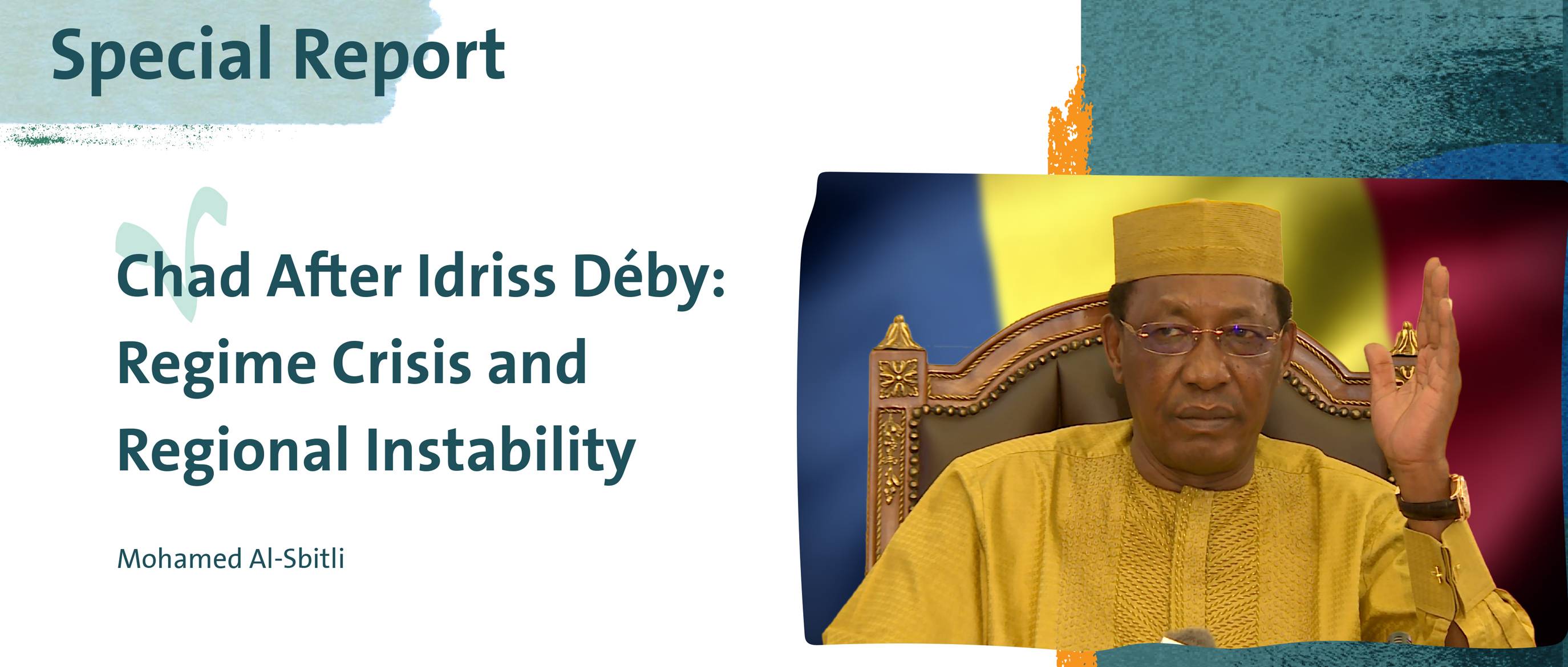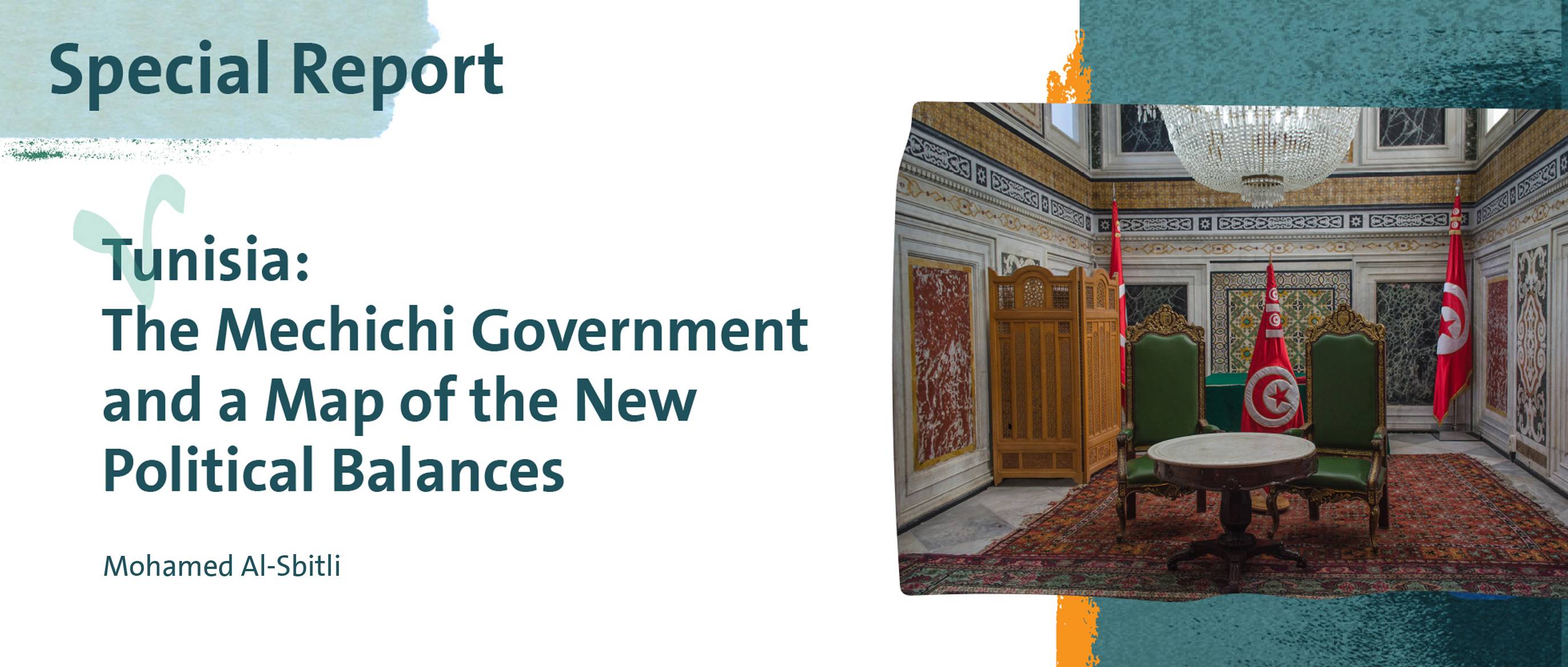Special Reports
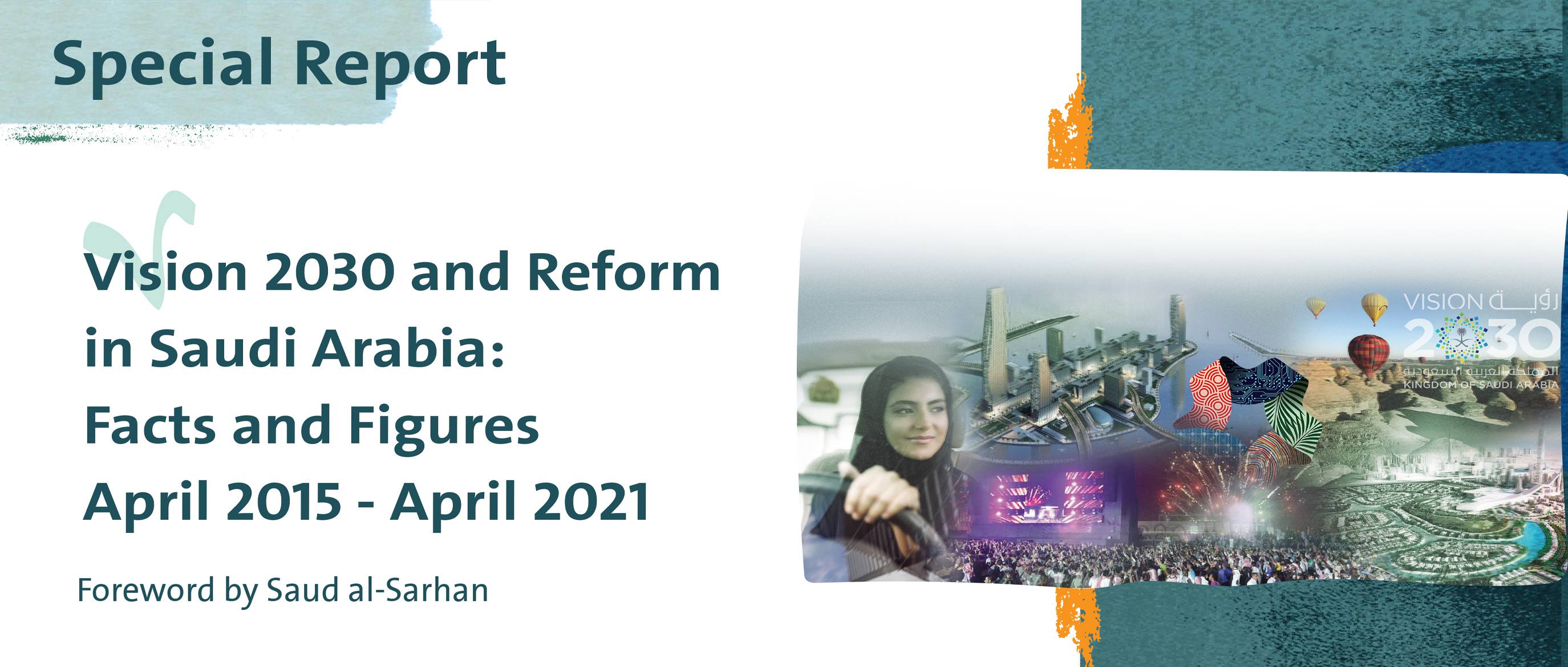
Number:
Author: Foreword by Saud al-Sarhan
This KFCRIS report provides the historical context to the achievements of Saudi Vision 2030, through a five year overview of key decisions and initiatives that have facilitated the delivery of Vision 2030 objectives. This timely report underscores the extent and the significance of Saudi Arabia’s societal and economic reform initiatives, which have been welcomed by the Kingdom’s primarily youthful population, and highlights the speed of their formulation and implementation. This wide ranging list of societal and economic reforms in a single document offers an invaluable resource for academics, researchers, policy-makers and media representatives, among others.
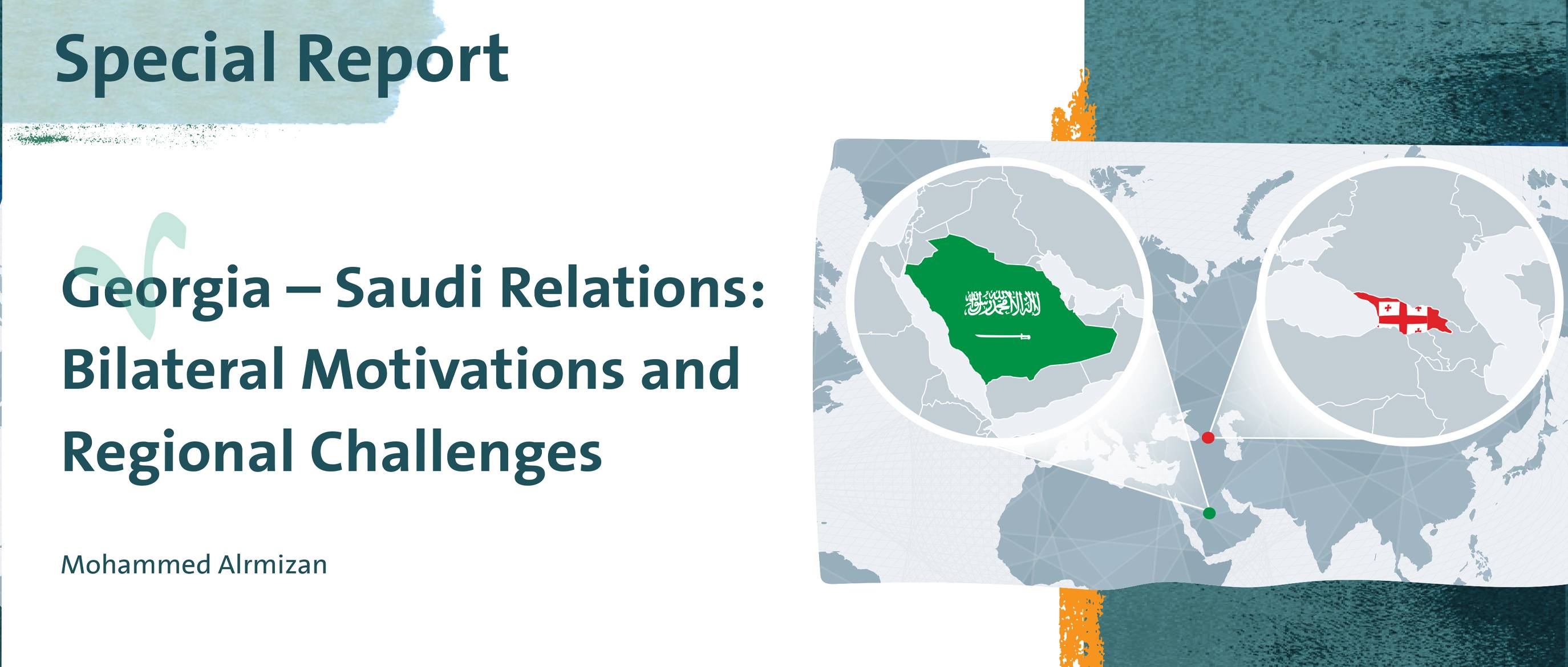
Number:
Author:
As a part of the series of reports on Saudi bilateral relations in the South Caucasus, following the latest two, Azerbaijan and Saudi Arabia (2019) and Armenia and Saudi Arabia (2020), this third and last report in the series focuses on those of Georgia and Saudi Arabia. First, it provides a brief historical account of Georgian politics. Secondly, it examines the geopolitics in the South Caucasus, including territorial conflicts inside Georgia with Russia while considering Caucasus neighbors, Azerbaijan and Armenia, and regional players such as Turkey on one hand and Iran on the other. Thirdly, the report moves to shed light on the Georgia’s international relations, mainly
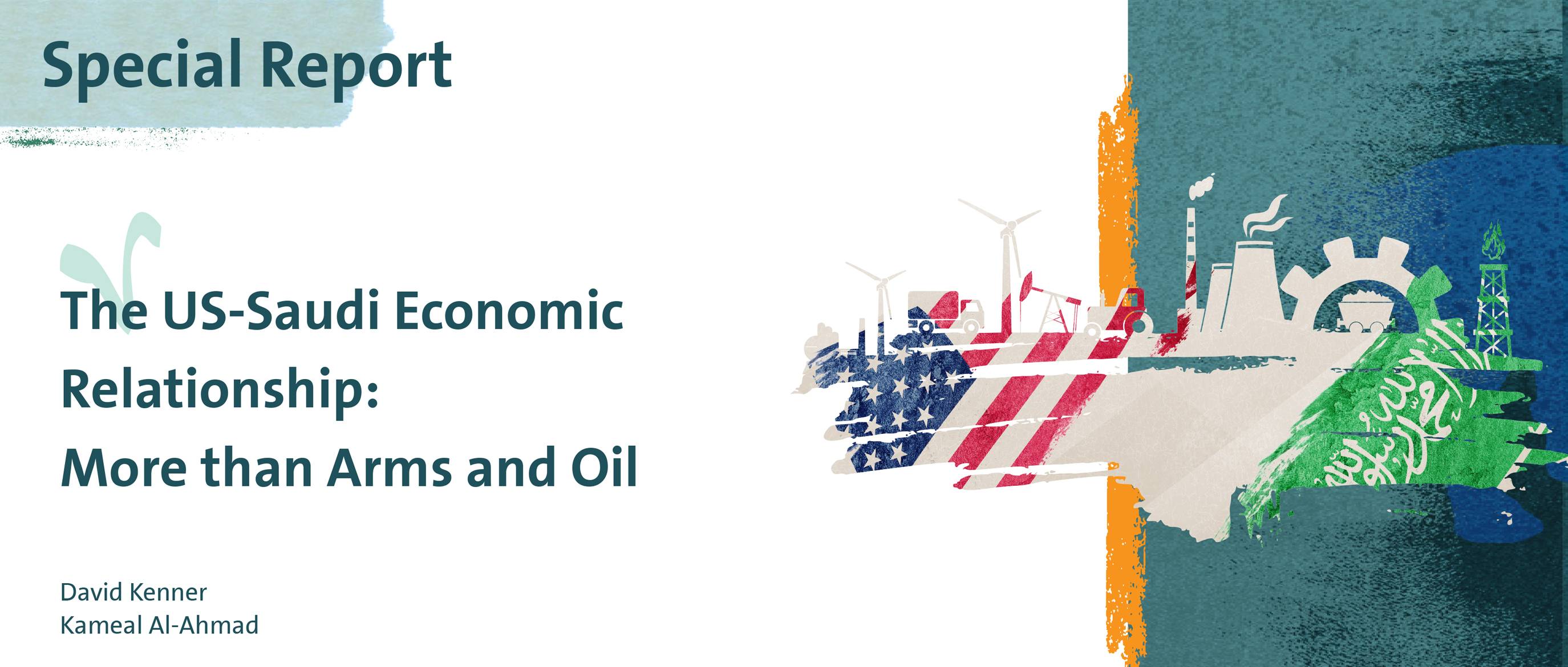
Number:
Author: David Kenner and Kameal Al-Ahmad
This paper provides an overview of the US-Saudi economic relationship, excluding oil and arms sales. It begins by describing the growth of US exports to Saudi Arabia and the influx of Saudi students to the United States, and their impact on the US economy. It goes on to discuss US businesses’ investment in Saudi Arabia and their participation in new economic sectors opened by the Vision 2030 reforms. And it concludes with an examination of Saudi investments in the United States through a variety of privately and publicly owned institutions.
The paper’s authors reach the conclusion that the economic relationship between the two countries is more co
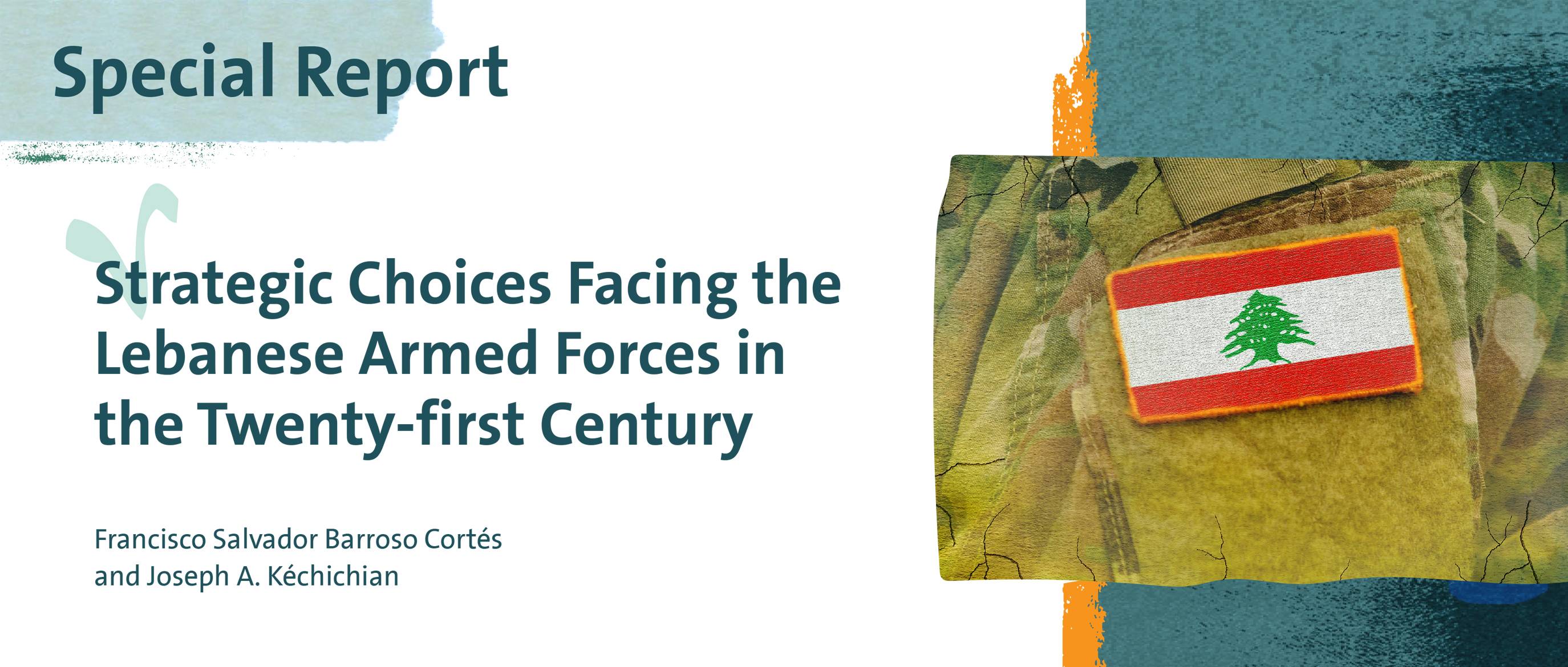
Number:
Author: Francisco Salvador Barroso Cortés and Joseph A. Kéchichian
With a dubious mandate, the Lebanese Armed Forces (LAF) remained a political football in the hands of wily politicians anxious to preserve cherished sectarian prerogatives, even if such steps proved to be detrimental both to the LAF as a military institution as well as the country. Notwithstanding their denials this excessive politicization benefitted senior LAF leaders since most staff officers aspired to higher, and often lucrative, positions, all of which required that they maintain very close connections with political elites, especially those from their own religious communities. This study examines what were the various pressures that compelled the LAF to transform itself
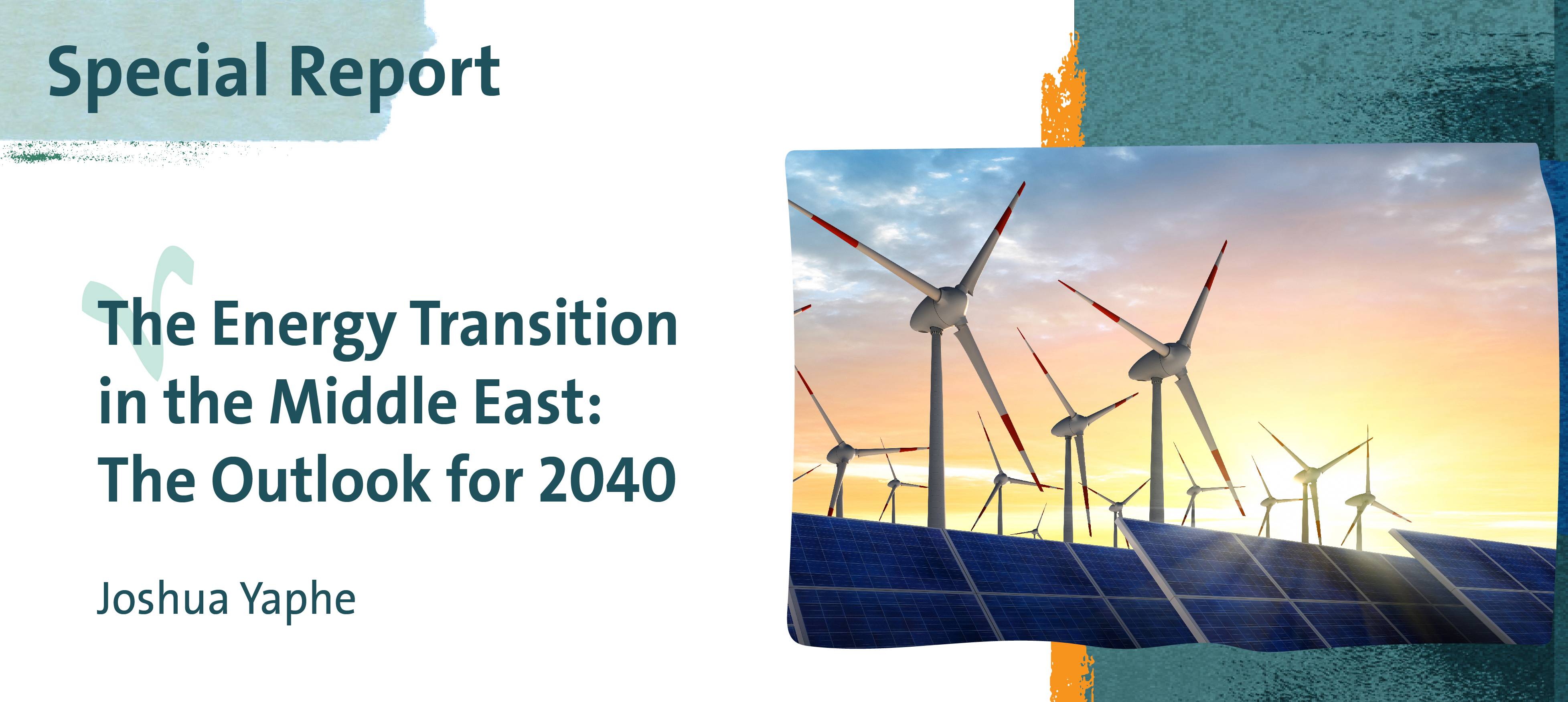
Number:
Author: Joshua Yaphe
Discussions about post-oil planning in the Middle East were rather common around fifteen years ago, when experts sought to focus attention on the need for economic diversification and consultancies aimed to help clients prepare long-term strategic visions. Governments that had the foresight to recognize the scope of the problem and the political will to commit real resources to it, have already begun the lengthy, arduous process of changing public mind-sets, bureaucratic cultures, and regulatory regimes. Some will succeed, gaining a competitive advantage over regional neighbors in terms of technology, efficiency, and productivity, making them valued partners for the internationa
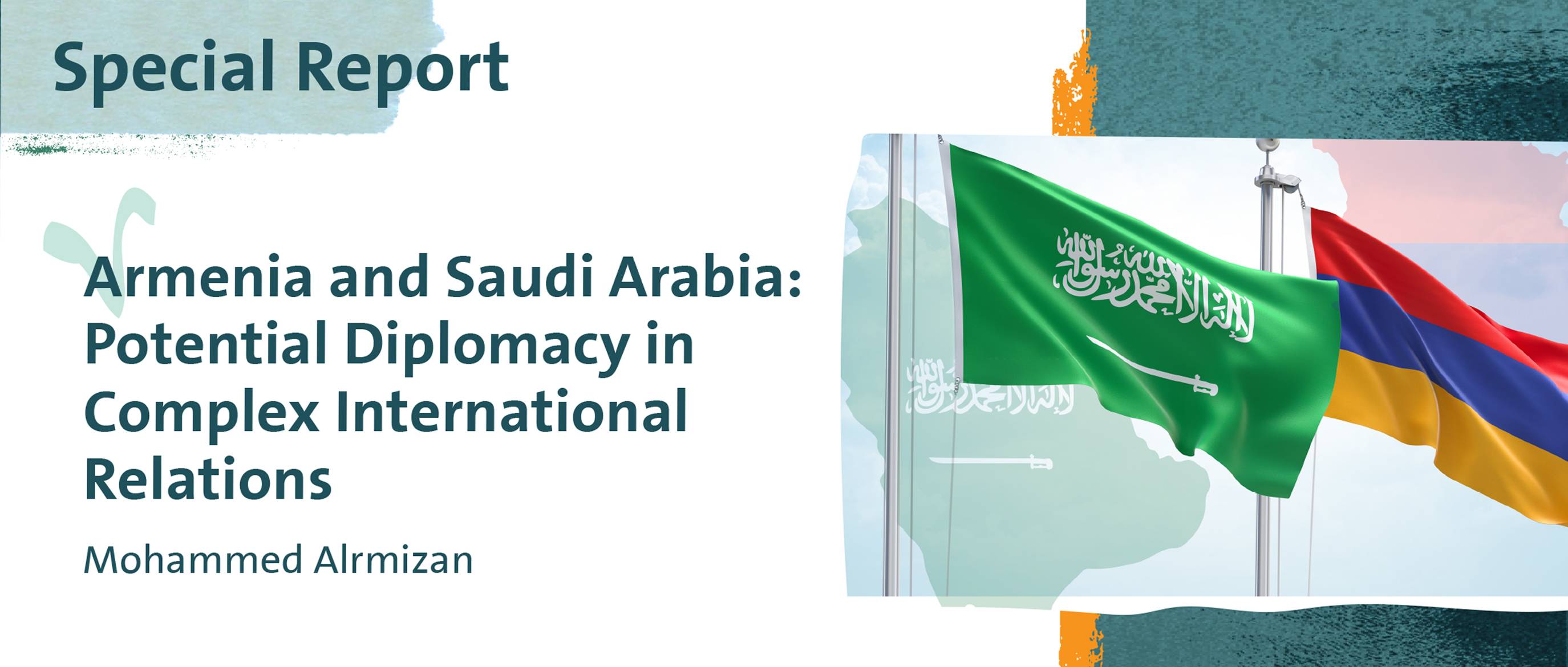
Number:
Author: Mohammed Alrmizan
As a part of series of reports on the Saudi bilateral relations in the southern Caucasus, and following the first report on Azerbaijan and Saudi Arabia (2019), this report analyzes the prospects of Armenia and Saudi Arabia, potential diplomacy, and current barriers. First, the report introduces the historical background and highlights Saudi foreign policy in the southern Caucasus. Second, it explores Armenia’s international relations and geopolitical strategies. And third, it focuses on potential Armenian–Saudi rapprochement while considering regional barriers. In the end, while this report finds some events that may lead to the rapprochement between the two countrie
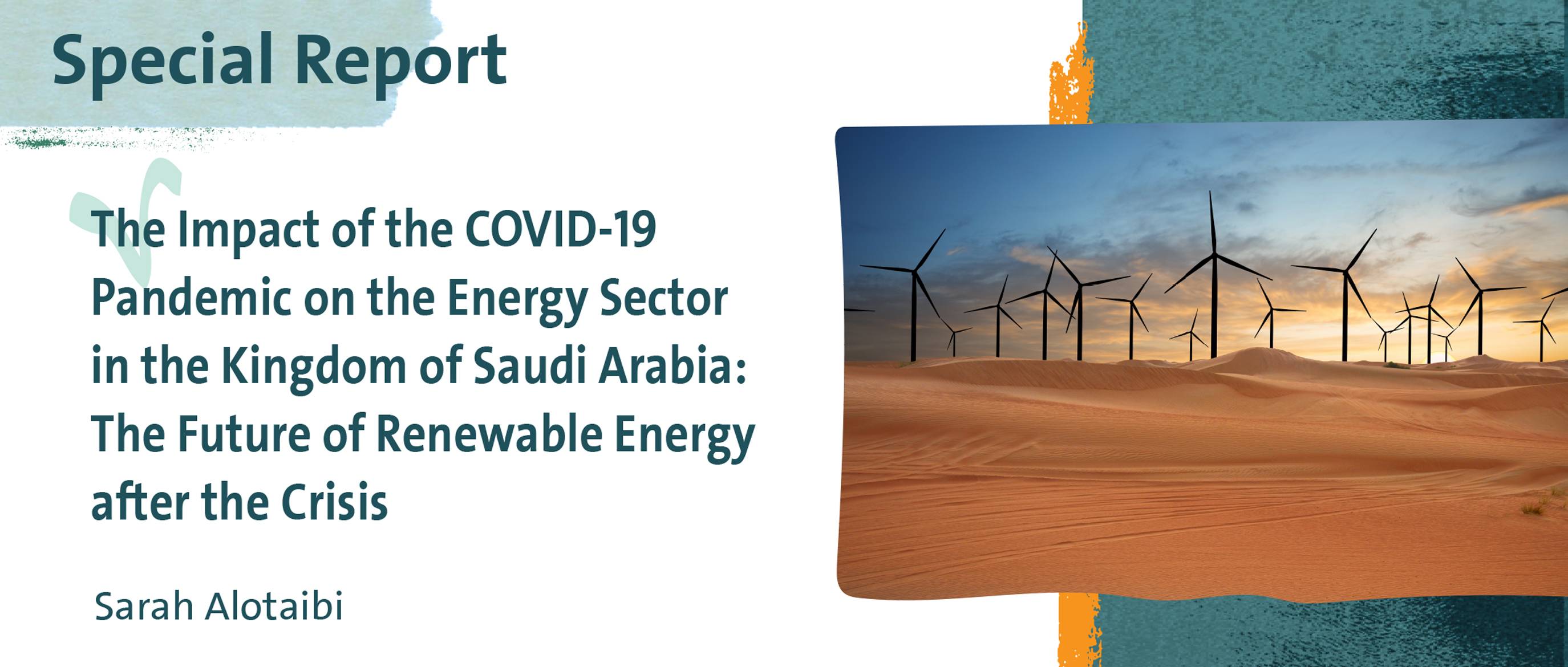
Number:
Author: Sarah Alotaibi
This report focuses on the impact of the COVID-19 lockdown on domestic electricity consumption in the Kingdom of Saudi Arabia. It includes a breakdown by percentage of how different energy sources, including gas and renewable energy (RE), are contributing to the total energy mix during the crisis. Finally, it highlights the importance of renewable energy sources for the sector after the pandemic.
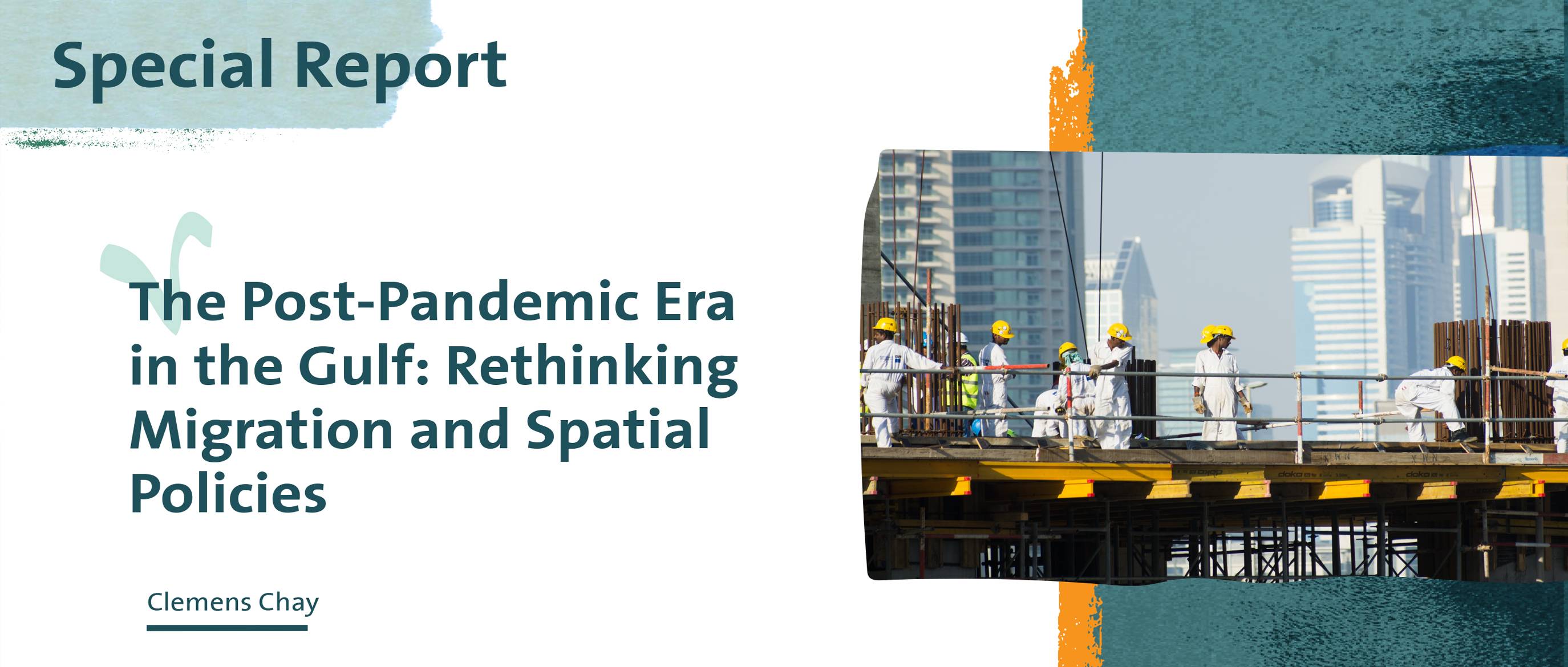
Number:
Author: Clemens Chay
The coronavirus pandemic has magnified the politics of exclusion in the Arab states of the Gulf, placing a huge strain on their institutional capacities. Amidst these uncertainties, Gulf authorities moved to repatriate a large segment of foreign labor. The bleak economic outlook will compel Gulf nationals into lower-paying private sector jobs, but there remains a mismatch in skillsets and wages. This paper argues that the post-pandemic era presents windows of opportunity to improve existing migration and spatial policies, whether by tapping into specific foreign expertise to cultivate local human capital, or improving the kafala (sponsorship) system that processes the i

